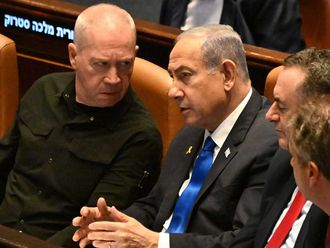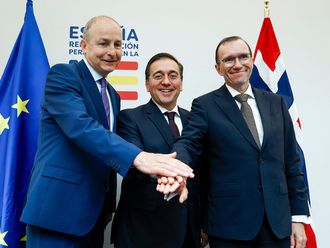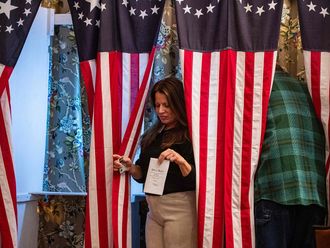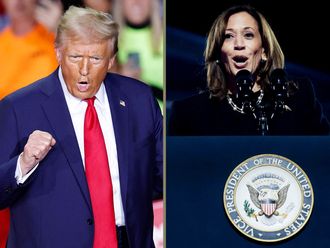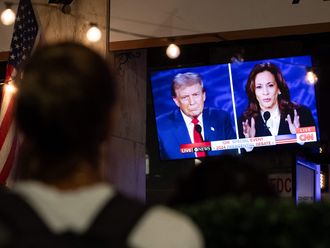Moscow: Russia's foreign minister said he is "very alarmed" over Iran's failure to prove its nuclear program is peaceful, suggesting Moscow may be closer to acceding to Western demands for new UN sanctions against Tehran.
Sergey Lavrov's deputy said later on Friday, however, that Russia was still against crippling sanctions, returning to the traditional rhetoric Moscow has used for its "partner" and business ally.
"We are very alarmed, and we cannot accept that Iran is refusing to cooperate" with the global nuclear oversight body, the International Atomic Energy Agency, Lavrov said on Ekho Moskvy radio.
Lavrov hinted that Russia may continue with its traditional line, calling Iran a "close neighbour" and "partner" and his deputy underlined that sentiment later on Friday.
"We find the term 'paralyzing sanctions' completely unacceptable. Sanctions should follow the aim of strengthening the regime of nuclear nonproliferation," Deputy Foreign Minister Sergei Ryabkov said in comments carried by the Interfax news agency.
Ryabkov also said Russia would fulfill its contract with Iran to deliver S-300 missile systems, which Israel and its allies fear could bolster Tehran against attempts to stop its nuclear ambitions.
The IAEA on Thursday issued a report saying Iran may currently be working on making a nuclear warhead, suggesting for the first time that the Islamic Republic had either resumed such work or never stopped in 2003 as a US intelligence assessment published three years ago said.
Iran's Supreme Leader Ayatollah Ali Khamenei on Friday denied that Tehran was seeking nuclear weapons, saying Islam forbids weapons of mass destruction.
However, Lavrov said he did not understand the need for Iran to conduct its nuclear program in secret, withholding information from the IAEA.
Susan Rice, the US ambassador to the United Nations, said the IAEA report "underscores that Iran continues to flout its international obligations" and indicates that Tehran is pursuing "a nuclear weapons program with the purpose of evasion."
The United States has circulated elements for a possible new UN sanctions resolution to other veto-wielding UN Security Council members: Russia, China, Britain, France and Germany.
The six countries have been trying, to no avail, to get Iran to suspend its uranium enrichment program and return to negotiations on its nuclear program.
Rice told reporters at UN headquarters in New York that the report also demonstrates "the urgency" that Iran must now engage the international community on its nuclear program or "face increased international pressure."
The French Foreign Ministry went further in a statement Friday, saying the IAEA report "shows how urgent it is to take resolute action to respond to Iran's lack of cooperation."
"We now have no other choice, given this report, than to seek, together with our partners, the adoption of new measures by the UN Security Council over the next few weeks," the ministry said in a statement.


